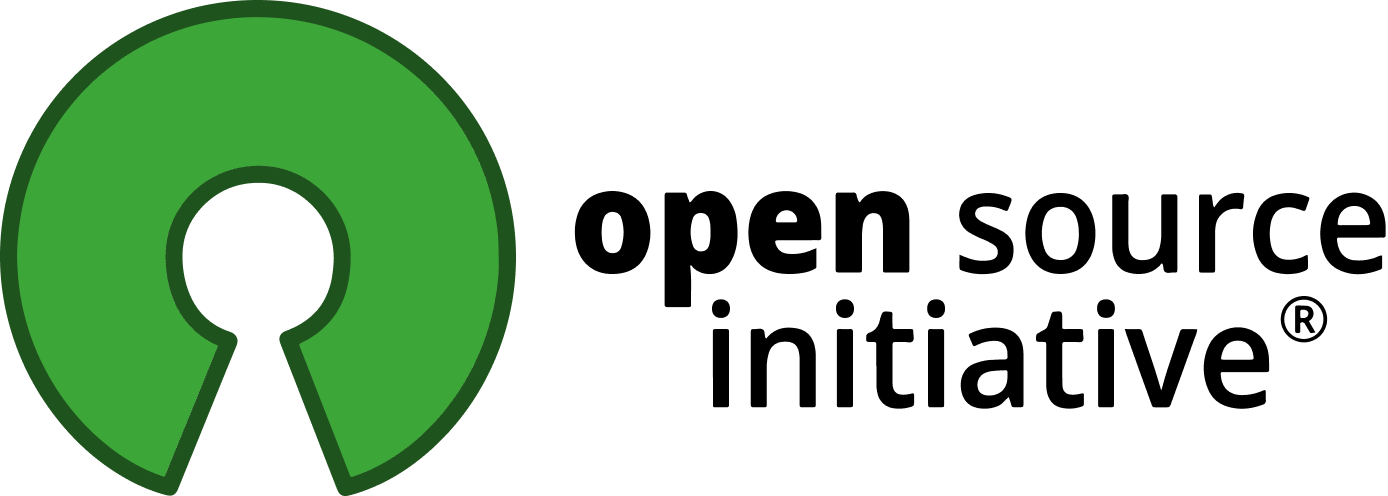Highlights from AI_dev Paris
On June 19-20, the Linux Foundation hosted AI_dev: Open Source GenAI & ML Summit Europe 2024. This event brought together developers exploring the complex world of Open Source generative AI and Machine Learning. Central to this event is the conviction that Open Source drives innovation in AI. Please find below some highlights from AI_dev Paris and how they are aligned with OSI’s work on the Open Source AI Definition.
Keynote: Welcome & Opening Remarks
Ibrahim Haddad, Executive Director of the LF AI & Data Foundation, provided an overview of the major challenges in Open Source AI, which include:
- Lack of a common understanding of openness in AI
- Open Source software licenses used on non-software assets
- Diverse restrictions including the use of Acceptable Use Policies
- Lack of understanding of licenses and implications in the context of AI models
- Incomplete release of model components
To address some of these challenges, Haddad introduced the Model Openness Framework (MOF) and announced the official launch of the Model Openness Tool (MOT) at the conference.
Introducing the Model Openness Framework: Achieving Completeness and Openness in a Confusing Generative AI Landscape
Anni Lai, Matt White, and Cailean Osborne delved into the Model Openness Framework, a comprehensive system for evaluating and classifying the completeness and openness of Machine Learning models. This framework assesses which components of the model development lifecycle are publicly released and under what licenses, ensuring an objective evaluation. Matt White, Executive Director of the Pytorch Foundation and author of the MOF white paper, went on to demonstrate the Model Openness Tool, which evaluates each model across 3 classes: Open Science (Class I), Open Tooling (Class II), and Open Model (Class III).

The Open Source AI dilemma: Crafting a clear definition for Open Source AI
Ofer Hermoni, founder of the LF AI & Data Foundation, continued examining the Model Openness Framework and explained how this framework and its list of components serve as the basis for OSI’s Open Source AI Definition (OSAID). The OSAID evaluates each component on the four fundamental freedoms of Open Source:
- To use the system for any purpose and without having to ask for permission
- To study how the system works and inspect its components
- To modify the system for any purpose, including to change its output
- To share the system for others to use with or without modifications, for any purpose
Toward AI Democratization with Digital Public Goods
Lea Gimpel and Daniel Brumund from the Digital Public Goods Alliance (DPGA) emphasized the importance of democratizing AI through digital public goods, including Open Source software, open AI models, open data, open standards, and open content. Lea highlighted that, while open data is desirable, it is not conditional. She supported the OSI’s Open Source AI Definition, as it helps the DPGA navigate legal uncertainties around data sharing and broadens the pool of potential solutions that can be recognized, marketed, and made available as digital public goods, thereby offering more opportunities to positively impact people’s lives.
Conclusion
It was clear throughout this conference that the work to create a standard Open Source AI Definition that upholds the fundamental freedoms of Open Source is vital for addressing some of the key challenges in AI and ML development and democratization. The OSI appreciates Linux Foundation’s collaboration toward this goal and its commitment to host another successful event to facilitate these important discussions.
